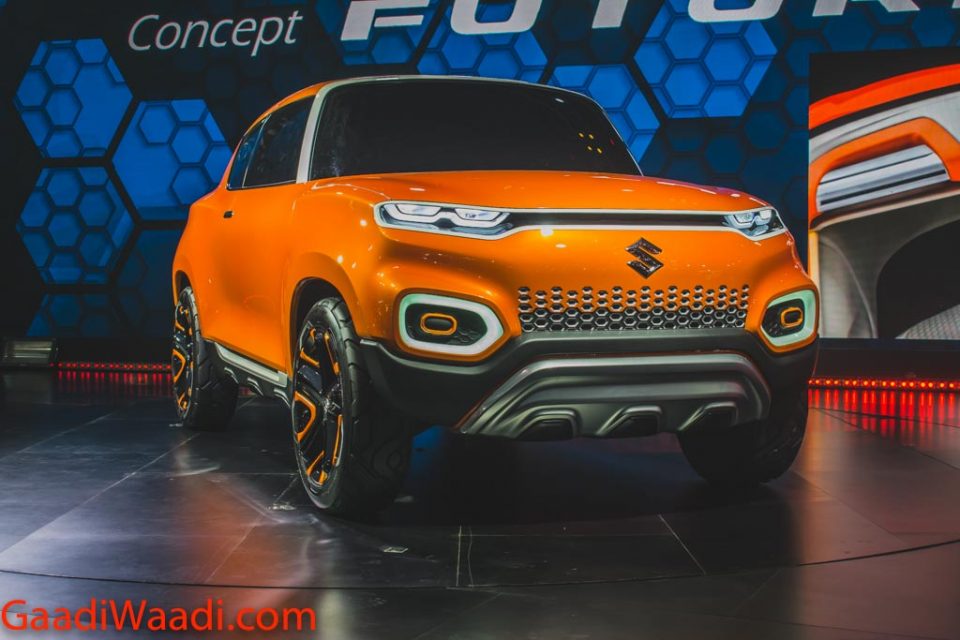
Maruti Suzuki is developing a new SUV based on Concept Future S to rival Renault Kwid and it will be launched in the next festival season
Maruti Suzuki is the most successful car brand in the country and the company offers lots of different models at various price points to increase its customer base. Earlier we reported that the company is working on a new small SUV based on the Concept Future S and the production model will be launched in the next festival season.
The upcoming small SUV could take on Renault Kwid and new Santro, which will be launched later this month in India. The production model is internally codenamed as Y1K. One of the reasons for the huge success of Kwid is its SUV design theme and Maruti will follow this same path.
The front will get a new design theme and future models from the company will follow this. Some reports indicate that the upcoming model will be named as Zen and it was one of the most popular models of the company, even though it has been discontinued people still remember the brand name.
This strong brand value will help Maruti Suzuki to market the model easily rather than going with an all-new name. The Santro and Wagon R are the models, which made the tall boy design theme popular with customers, which will continue with Y1K also. The company will share components with other volume models to keep cost down.
The YK1 could be powered by a new BS6 1.0 L petrol engine and it is expected to produce 68 bhp of power and 90 Nm of torque. This engine will be mated to 5-speed manual gearbox and AMT transmission. We can expect Maruti Suzuki to offer lots of customizing options like the Kwid.
The small SUV will be packed with lots of features like touchscreen infotainment system with Apple CarPlay and Android Auto, Bluetooth, Aux-In, electrically adjustable OVRMs and more. Some of the standard safety features include dual airbags, ABS, EBD, Brake Assist, Speed Assist and reverse parking sensors.

